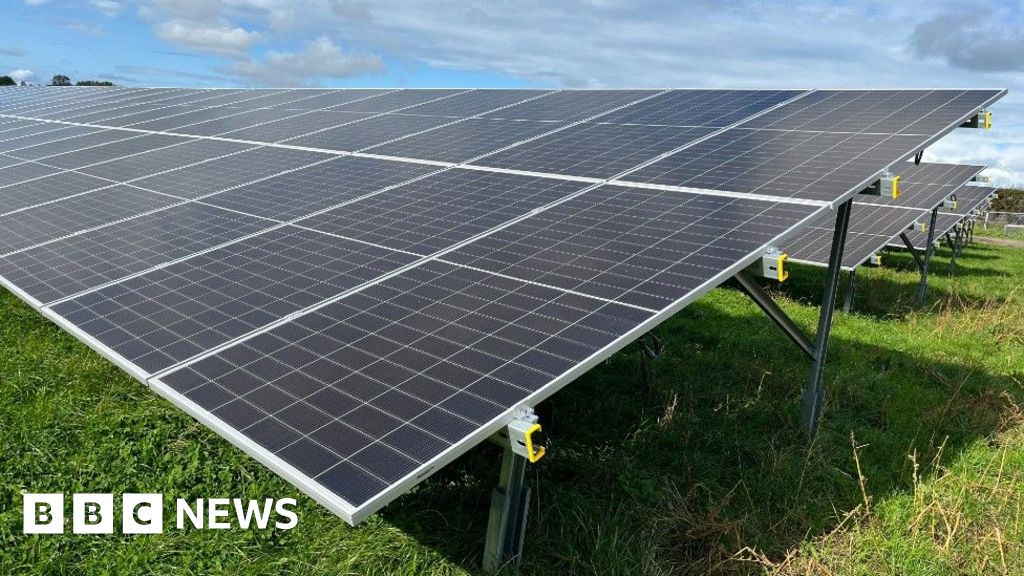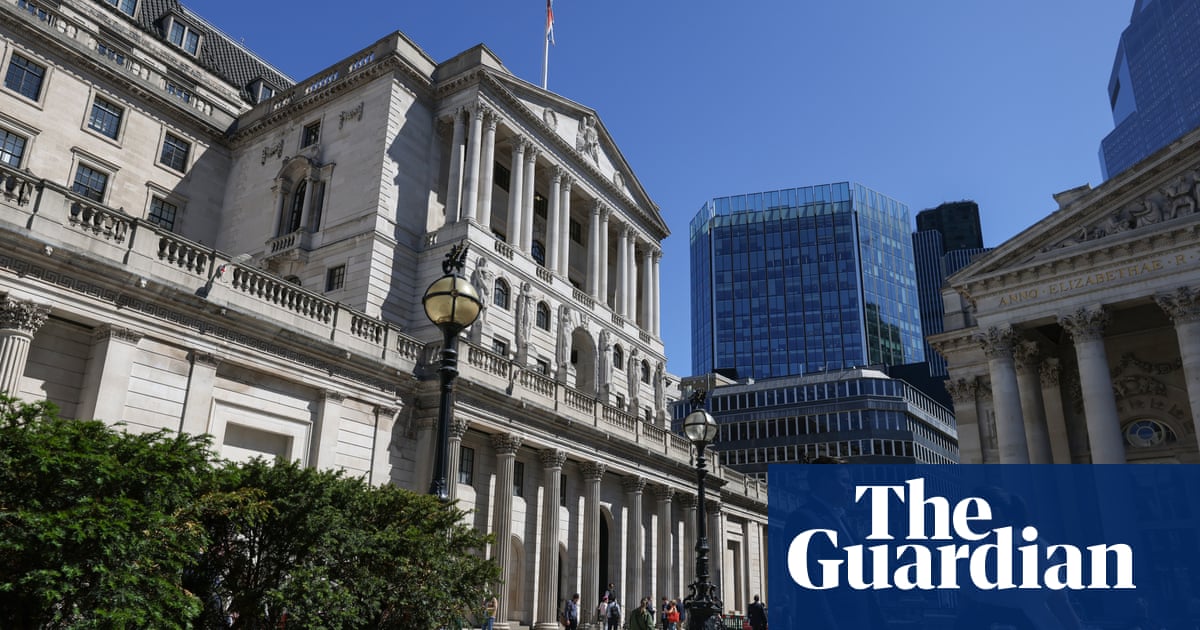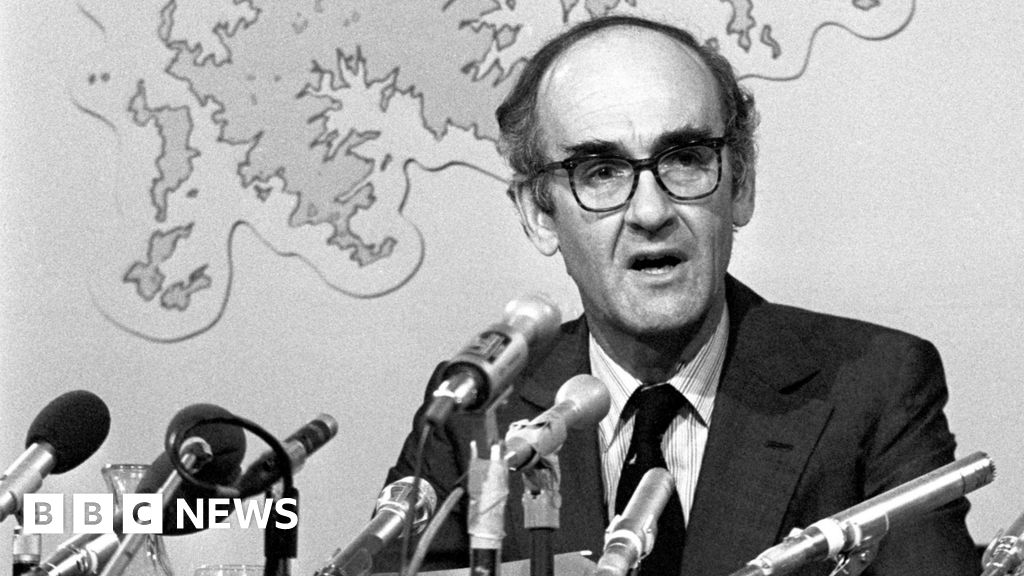Will Trump’s Leadership Change AI And Tech Policies Currently In Place? – TechRound

Donald Trump has announced plans to overturn President Biden’s October 2023 AI Executive Order, which put standards in place to guide AI development and oversight. This order established the US AI Safety Institute and set requirements for companies to disclose their AI training methods and conduct vulnerability testing. The National Institute of Standards and Technology was also tasked with advising on AI model security.
Some lawmakers are doubtful about the order, because they feel that these requirements could hold back AI innovation. Senator Ted Cruz, for instance, has stated that the NIST guidelines may lead to unnecessary limits on development. If Trump proceeds with overturning Biden’s order, it remains to be seen how AISI and NIST’s advisory work might be affected.
With a possible lack of federal standards, individual states might step in to create their own guidelines. States such as California have already introduced AI-related regulations, and rules requiring companies to disclose AI training processes and restrict deepfake technologies.
What Could Deregulation Mean For AI?
Trump’s campaign has promoted the development of AI in a way that encourages “free speech and human flourishing,” though without many details. Removing Biden’s executive order would likely mean that companies no longer have to perform extensive vulnerability testing, also known as “red-teaming,” which is intended to spot weaknesses in AI models before they are deployed. Supporters of the current testing requirements argue that they are necessary for public safety.
Trump has spoken on AI’s environmental impact, mentioning its energy demands, though his campaign has not touched on specific actions to work on this. Some industry voices have supported Biden’s regulations, stating that they help manage public risks, while Trump’s supporters see this as a way to speed up innovation.
Without federal guidelines, larger companies with established AI infrastructure may benefit from less restriction, while smaller firms could face added difficulties in competing in a less regulated market.
How Could Trade Policies Affect AI And Technology Development?
Trump’s trade policy proposals- a 10% tariff on all imports and a 60% tariff on Chinese goods- might influence the tech sector’s access to necessary components. These tariffs could increase costs for hardware, such as GPUs, which are needed for AI research and development. Stricter export restrictions on AI technology, particularly to China, could further complicate the tech supply chain.
Trump’s past trade policies with China were similarly assertive, and it is likely that a similar way would continue. This could lead to a fragmented industry, especially if restrictions limit Chinese companies’ access to advanced AI technologies, impacting global competition.
On the domestic front, Trump has voiced disapproval of Biden’s CHIPS Act, which supports US semiconductor manufacturing through subsidies. Instead, he has suggested using tariffs to encourage production within the US. This might influence the availability of semiconductors, which are, of course, important in AI and other technological advancements.
What Influence Could Major Tech Names Play in This?
Elon Musk, who has shown strong support for Trump’s campaign, may benefit from any reductions in AI regulations. Musk’s ventures, which include xAI, Tesla, and SpaceX, could gain an advantage from policies that encourage faster development with fewer regulatory hurdles. His financial backing of Trump’s campaign mean that Musk might have considerable influence in the administration’s take on tech and AI policy.
Other names in tech, like Mark Zuckerberg and Jeff Bezos, have had mixed relations with Trump in the past. Their companies, Meta and Amazon, could still be affected by changes in policy, particularly in areas such as antitrust regulation. Both Meta and Amazon have had issues over their practices, and changes in their take on regulation may influence ongoing investigations.
What Could Happen To Antitrust And Merger Policies?
Trump’s administration may bring in a more relaxed policy to mergers and acquisitions, leading to more consolidation across sectors. High-profile antitrust cases, such as those against Google and Amazon, could be handled differently under Trump’s appointments, with some speculating that cases may be resolved more quickly or with settlements.
Changes in leadership at the DOJ and FTC could also influence the course of ongoing cases. Critics of this argue that it could allow larger companies to strengthen their market positions, while others believe it could encourage growth and expansion within the sector.
The possibility of reduced antitrust enforcement may open doors for increased industry mergers, though it is uncertain how this would affect competition across technology and other industries.
Related
Crypto fraudsters who pulled in £1.5m convicted by FCA –…
Two crypto fraudsters who illegally pulled in £1.5m have been convicted following prosecution from the UK’s financial watchdog in the latest effort of it
Top Unicorns in Croatia – TechRound
Home to one of the largest economies in Southeastern Europe, Croatia is a country rich in culture and boasting a long history. Positioned along the Adr
CAB Payments shares tumble as StoneX withdraws interest
Shares in London-listed CAB Payments dropped around 20% at the opening of trading on Thursday, following US payments firm StoneX’s withdrawal of interest
What does a Trump win mean for AI policy? –…
What does a Trump win mean for American AI Policy? This is a question that I have been asked by policymakers time and time again over the past months. With













